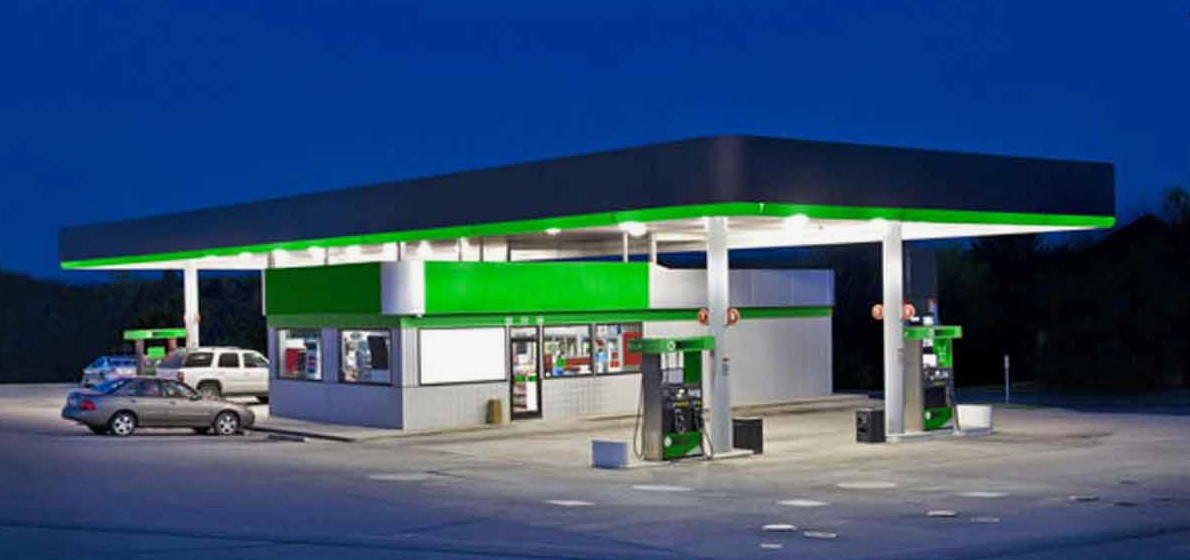How Proper Gas Station Maintenance Can Prevent Accidents

Maintaining a gas station is crucial for ensuring both safety and operational efficiency. Effective gas station maintenance encompasses much more than merely keeping the facility clean and orderly. It involves a comprehensive approach to prevent accidents and protect the well-being of both customers and employees. Proper maintenance includes regular inspections of fuel dispensers, underground tanks, and infrastructure elements like lighting and signage. Additionally, implementing rigorous cleaning protocols and providing staff with thorough safety training are essential practices. This article delves into how a meticulous maintenance strategy can significantly reduce the risk of accidents, highlighting various preventive measures and best practices that can make a substantial impact on safety.
Regular Maintenance
Regular maintenance is essential for the smooth operation of a gas station. Gas stations are complex environments with various systems and equipment that require consistent oversight. From fuel dispensers and underground tanks to lighting and signage, each element must be regularly inspected and maintained to prevent potential hazards.
Fuel Dispenser Maintenance
Fuel dispensers are at the heart of a gas station, and their proper functioning is critical. Regular inspections can help detect leaks, malfunctioning parts, or other issues that could lead to accidents or fuel spills. Ensuring that dispensers are calibrated correctly also helps prevent overcharging customers and potential disputes.
Underground Tank Checks
Underground tanks need frequent monitoring to prevent leaks and ensure that fuel levels are accurately tracked. Regular inspections help identify any potential issues with the tanks or their surrounding infrastructure, reducing the risk of environmental contamination and safety hazards.
Safety Protocols and Cleanliness
Maintaining a clean and safe environment is crucial for preventing accidents. A clean gas station not only looks more inviting but also reduces the risk of slip-and-fall accidents and fire hazards.
Spill Response and Cleaning
Spills, whether from fuel or other substances, can create dangerous conditions if not addressed promptly. Implementing a rigorous cleaning protocol helps manage and mitigate the risks associated with spills. For instance, using absorbent materials and ensuring that staff is trained to handle spills effectively can minimize the potential for accidents.
Regular Cleaning Services
Employing professional gas station cleaning services can ensure that all areas are maintained to the highest standards. A service like Professional gas station cleaning services Charlotte, NC can handle routine cleaning tasks, including restroom sanitation, window cleaning, and overall site cleanliness. This not only enhances the station’s appearance but also contributes to a safer environment for both customers and staff.
Infrastructure Maintenance
The physical infrastructure of a gas station, including lighting, signage, and pavements, plays a vital role in ensuring safety.
Lighting and Visibility
Proper lighting is essential for safety at a gas station, especially during nighttime operations. Well-lit areas reduce the risk of accidents by improving visibility for both drivers and pedestrians. Regular checks and maintenance of lighting fixtures ensure that all areas of the station are adequately illuminated.
Signage and Markings
Clear signage and pavement markings guide drivers safely around the station. Regular maintenance of these elements ensures that they are visible and legible, helping to prevent accidents and confusion. Updating worn-out signs and repainting faded markings are simple yet effective ways to maintain safety.
Employee Training and Safety Protocols
Employees play a crucial role in maintaining a safe gas station environment. Regular training on safety protocols and emergency response procedures is essential for preventing accidents.
Safety Training
Employees should receive regular training on safety procedures, including how to handle fuel spills, operate equipment safely, and respond to emergencies. Well-trained staff can address potential hazards quickly and effectively, reducing the likelihood of accidents.
Emergency Response Plans
Having a clear and well-communicated emergency response plan ensures that employees know how to act in case of an accident or emergency. Regular drills and updates to the plan help keep everyone prepared and aware of their responsibilities.
Conclusion
Proper gas station maintenance is a comprehensive approach that involves regular inspections, cleanliness, infrastructure upkeep, and employee training. By focusing on these areas, gas station operators can significantly reduce the risk of accidents and create a safer environment for customers and staff. Implementing professional services, such as gas station cleaning services, can further enhance the effectiveness of maintenance efforts and contribute to a well-maintained, accident-free gas station.
In summary, investing time and resources into proper gas station maintenance is not just about compliance; it’s about creating a safer and more efficient environment. With a proactive approach, gas station operators can prevent accidents and ensure the well-being of everyone who interacts with their facility.



